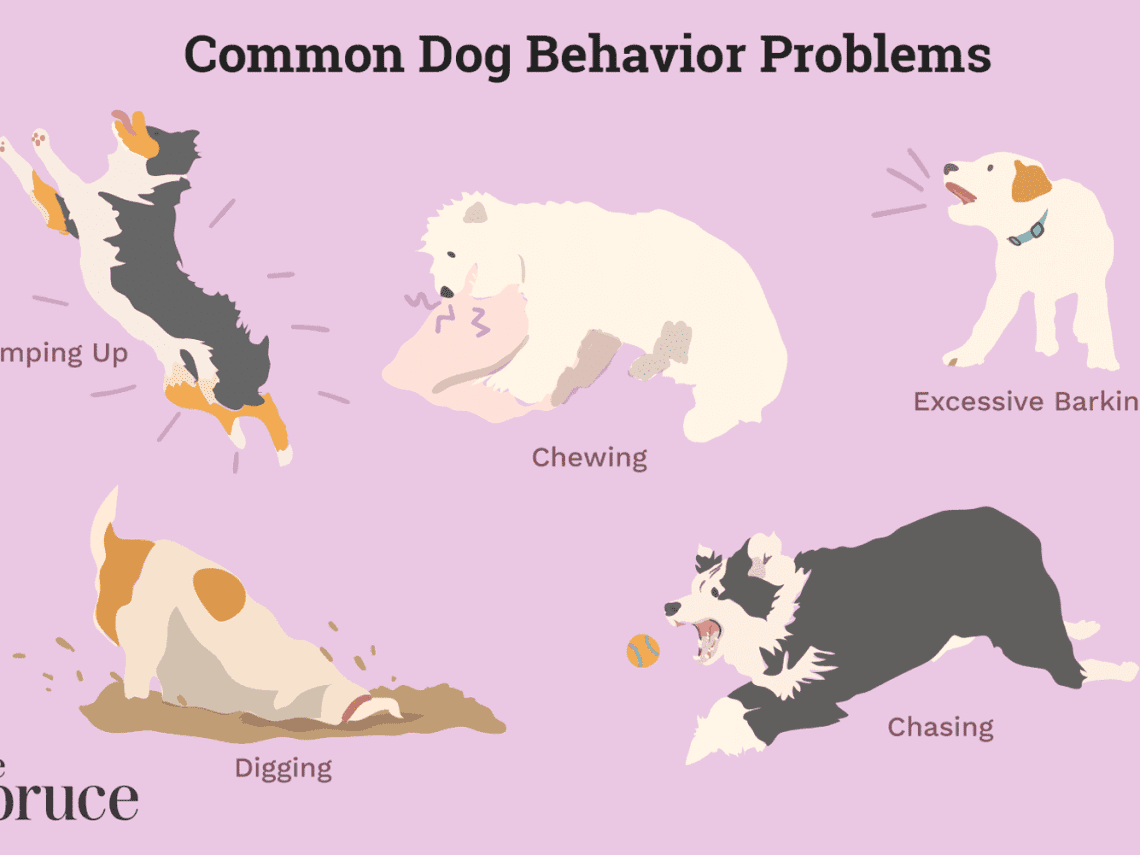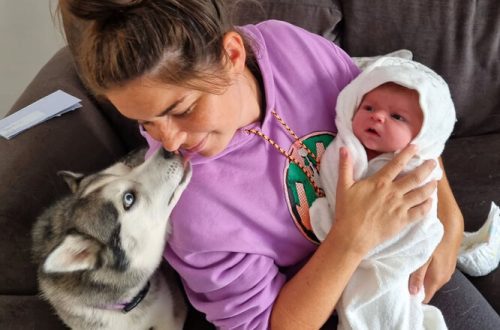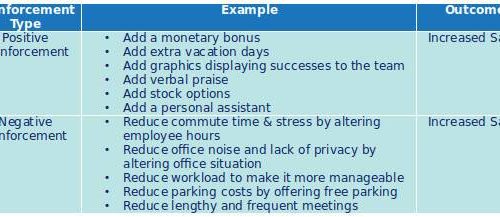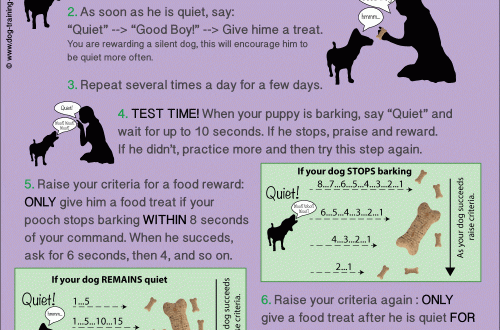
puppy behavior
Contents
Good behavior must be taught
Your puppy does not have an innate ability to behave well. The breeder could toilet train the puppy, but how your pet grows up is entirely up to you. Puppies learn quickly, so the sooner you start training, the better. By following simple rules, you will strengthen your relationship for years to come.
Always reward good behavior
Every time your puppy does something good, reward him. Dogs of all ages respond well to rewards such as praise or treats. If you always reward a puppy for good behavior, he will continue to try to “be a good puppy” in the future. However, the time factor is very important here – the reward must follow within a few seconds after a good deed, otherwise the puppy may associate it with other behavior.
Bad Behavior: Warn or Ignore?
In fact, you need to do both.
Take, for example, the desire to chew on something. This is what you should expect from your puppy as it is part of his exploratory behavior. The reasons for this act can be different: from boredom and teething to the stress of being alone at home. Favorite objects that puppies love to chew on include pillows, shoes, various furnishings (eg, chair legs.), It is important to explain to the puppy what he can play with and what not. The puppy does not know from birth that he should not touch the slippers of your household.
On the one hand, in the first few weeks you should limit his access to those places where he can cause damage, on the other hand, your puppy should have his own toys that he could chew on. If he plays with his toys, praise him and encourage this behavior in every possible way.
But what if he starts to gnaw what he shouldn’t? Ignore it. The best thing to do is ignore “bad” behavior: don’t yell, don’t punish, don’t make an angry face. Just pretend your puppy isn’t around and he’ll soon figure out what’s wrong.
Sometimes you have to disregard the rule of “ignore”
There are times when ignoring your puppy’s “bad” behavior is simply dangerous. For example, you may find your pet chewing on a live electrical wire. He doesn’t know it’s dangerous or “wrong” – you should immediately stop it by saying “no”. Don’t yell or tirade—a brief “no” should be enough to get his attention. When he stops, praise him and give him a treat.
Don’t let the bark drive you crazy
Do you know that all puppies, upon reaching 6-7 months, begin to protect the territory? So, this is it. And owners who are not aware of this issue and encourage their pets to bark will end up with a dog that barks at every opportunity – and it will be impossible to deal with it later.
So if you want a quiet, peaceful life, don’t encourage your dog to bark. This does not mean that she will not pay attention to serious threats – she will simply behave appropriately to the situation and you will not have to tell her anything. And please, never encourage enthusiastic barking. Your puppy may bark with joy in anticipation of a walk. In this case, stand still and ignore him. As soon as he stops, continue to get ready for a walk.





